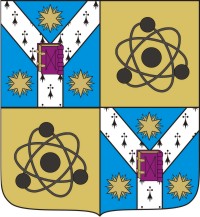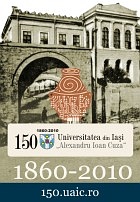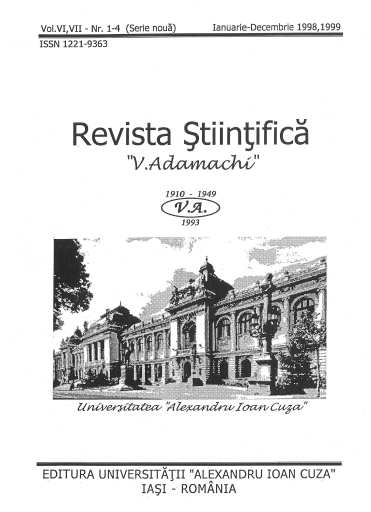 Facultatea de Fizică
Facultatea de Fizică
Universitatea "Al.I.Cuza" Iaşi
|
| Titlu: Study of Protein Thermal Denaturation using UV-VIS Spectroscopy |
| Autori: Roxana Jijie1, Ionut Topala1, Nicoleta Dumitrascu1 |
| Afiliere: 1Faculty of Physics, Plasma Physics Laboratory, Alexandru Ioan Cuza University, Iasi, Romania |
| Abstract: A variety of procedures have been developed to measure the interaction of electromagnetic radiation with molecules. One such procedure is ultraviolet and visible adsorption spectroscopy. This measures the wavelength and the amount of ultraviolet radiation absorbed by a molecule. In proteins, both the wavelength and the extent of absorption depend on the amino acids present in the primary structure and on their physical environment. They are very useful in the study of protein denaturation. Changes in the structure of proteins can be caused by a variety of factors, such as temperature, concentration, pH, chemical structure. Medical supplies and instruments are sterilized by heating to denature proteins in bacteria and thus destroy the bacteria. Also thermal denaturation of proteins is an important process for food industry. We present results on the thermal behavior of pepsin, trypsin and hemoglobin in aqueous solution for a temperature range between 25 and 65°C. Thermal denaturation of these biomolecules was examined by UV-VIS Spectroscopy. We found that it’s very important that the temperature should be increased in smaller steps of about 1°C/min. From our measurements it is possible to indicate the transition midpoint of thermal denaturation (Tm) of pepsin, trypsin and hemoglobin. Denatured proteins lose their biological activity. Denaturation can be reversible in some cases (e.g. trypsin, pepsin) but also irreversible (e.g. hemoglobin). The most common observation in the denaturation process is the precipitation or coagulation of the protein at high temperatures. |
Download link:
|
|
|



